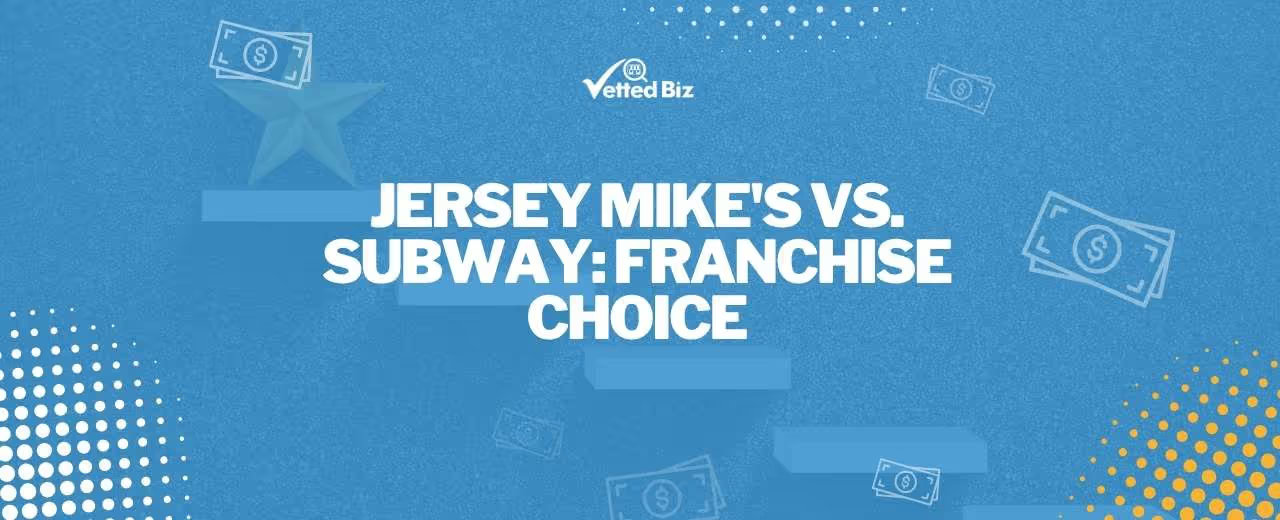Pet Wants is a pet food company specializing in fresh, healthy food for pets. The franchise delivers high-quality pet food to customers' homes or retail locations, catering to pets' nutritional needs.

Key Insights
- Pet Wants began with a passion for pet nutrition, founded by individuals dedicated to improving the well-being of pets through high-quality, fresh food. This foundational commitment continues to drive the business, focusing on wholesome ingredients and personalized pet care solutions. The business operates through a network of mobile and storefront locations.
- The franchise model for Pet Wants is designed for entrepreneurs seeking to enter the pet industry. It provides a structured operational framework encompassing product sourcing, inventory management, and customer engagement strategies. Franchisees benefit from established brand recognition and ongoing support from the franchisor.
- The business operates within the expansive pet industry, a sector experiencing consistent growth driven by increasing pet ownership and a rising demand for premium pet products and services. Consumers are actively seeking healthier, specialized options for their companions, creating a favorable market environment for the franchise.

Franchise Fee and Costs to Open
Exploring the financial picture of Pet Wants gives insight into both the upfront commitment and the potential revenue opportunity. According to FDD Item 7, opening this franchise typically involves an investment in the range of $137,850 - $219,000, along with a franchise fee of $48,500 - $48,500.
Financial Performance and Revenue
Yearly gross sales of $436,723 and estimated earnings of $61,142 - $78,611 show the potential financial performance of this franchise. These figures are crucial for prospective franchisees as they help to project revenue and profitability. They offer insight into the business's ability to generate income and can be used to compare its performance against other investment opportunities. The Franchise Payback Period of 3.1-5.1 provides an estimation of the time it might take for an owner to recover their initial investment. This metric is a key consideration for anyone evaluating the financial viability of a franchise, as it relates directly to the speed at which the business can become profitable. A shorter payback period can indicate a faster return on capital, which is a significant factor in making an informed decision about a franchise investment.
Training and Resources
Pet Wants provides comprehensive training. New franchisees receive initial training for two weeks at their corporate headquarters. This program covers operational procedures and brand best practices. Pet Wants offers ongoing support and recommends utilizing provided marketing materials. Resources include digital assets and a dedicated support team to assist franchisees.
Legal Considerations
Legal considerations for a Pet Wants franchisee are outlined in the Franchise Disclosure Document (FDD) and the Franchise Agreement. Note that this franchise discloses lawsuits and/or bankruptcy information in its FDD, which may impact your evaluation. Subscribe now to access more details and be sure to consult a qualified attorney before proceeding.
Challenges and Risks
Franchisees will want to consider the local pet landscape and how to differentiate their offerings. Managing inventory for a diverse product range requires organization, and building relationships with suppliers is crucial for consistent product availability. Ensuring efficient delivery routes and maintaining vehicle upkeep are also operational aspects that demand attention.



